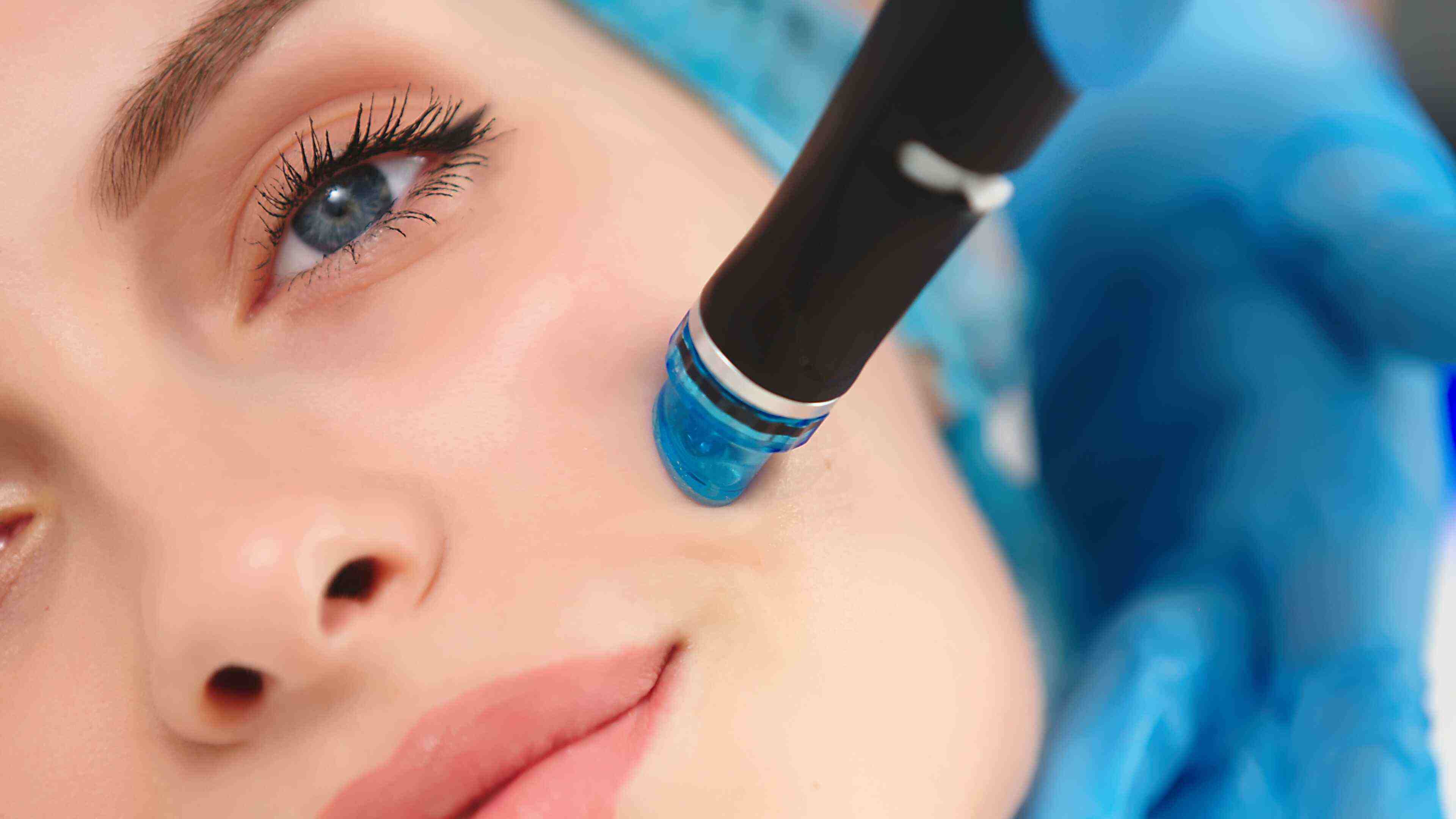Panic Attacks: Symptoms, Causes, Treatment & More
Written By: Dr. Laila Mahmoud
Updated On:December 25, 2023

What is a Panic Attack?
A panic attack refers to a sudden feeling of intense fear or terror, in the absence of an apparent cause. There are multiple physical reactions that accompany a panic attack such as difficulty breathing, dizziness & trembling. Panic attacks are usually short & last for less than 10 minutes. On average, most people have a panic attack once or twice in their life. People who have experienced one panic attack are more likely to have subsequent panic attacks than those who’ve never had one. People that frequently experience repeated panic attacks are said to have panic disorder. Symptoms of panic disorder usually occur in the late teens or early adulthood & are more common in women than in men.
Panic Attack Symptoms
Panic attacks occur suddenly & can occur at any time. They may strike when a person is sleeping, working, driving or just sitting around. Some of the most common signs & symptoms of panic attacks include the following:
- Feeling of impending fear, doom or death
- Rapid increase in heart rate
- Sweating
- Having chills
- Nausea
- Trembling or shaking
- Difficulty breathing & hyperventilation
- Chest pain
- Headache
- Tingling or numbness in hands or fingers
- Uncontrollable crying & heaving
When to See a Doctor for Panic Attacks
It is important to note that anyone can have a panic attack & on average, every person experiences a panic attack once or twice in their lifetime. However, these attacks might be more frequent for certain individuals & so it is important to know when to seek professional help. Seek a doctor if:
- Your panic attacks cause major hindrances in your daily life such as keeping you from finishing tasks, doing household chores, taking care of yourself or your family.
- You’re experiencing physical problems like frequent nausea, diarrhea, stomach pain or fatigue.
- You’re having suicidal thoughts.
- You’re using drugs & alcohol to deal with your anxiety. Such stimulants can actually worsen your anxiety over time, leading to more severe panic attacks.
- You’re isolating yourself at home in order to avoid social interactions because of your anxiety.
Panic Attack Risk Factors
Although panic attacks usually occur suddenly, without warning, there are certain factors that may put an individual at a higher risk of having one. These include the following:
-
Family History: One is more likely to experience a panic attack if their family has a history of panic attacks or panic disorder.
-
A Traumatic Event: Individuals that have experienced a major traumatic event in their lifetime, such as sexual assault or an accident, are more likely to have panic attacks.
-
Stressful Situations or Events: A person undergoing a very stressful situation in their life, such as the loss of a close friend or family member, is at a higher risk of having a panic attack.
-
Childhood Trauma: Individuals that have experienced repeated sexual or physical abuse throughout their childhood are more likely to have panic attacks.
-
Major Life changes: When a person goes through big changes in their life such as getting a divorce, having a baby or moving, they are more likely to have a panic attack.
-
Smoking or having a lot of caffeine also tend to increase your chances of having a panic attack.
Causes of Panic Disorder
The causes of panic disorder include:
- Extensive stress
- Genetic factors
- Changes in brain chemistry and/or functioning
How to Stop a Panic Attack
Although there are no specific remedies to stop a panic attack or “shut it off”, there are certain things that you can do, if you ever experience one, to ensure it passes more easily & quickly:
-
Use Deep Breathing: Taking deep breaths can help decrease your heart rate & improve hyperventilation during a panic attack.
-
Close Your Eyes: A panic attack can become worse due to certain stimuli. Keeping your eyes open increases the chances of you seeing something in your surroundings that might overwhelm you & make you feel worse. Therefore, closing your eyes is helpful.
-
Focus on a Certain Object: Keeping all your focus on a particular object during a panic attack can help your symptoms subside. You may pay attention to the color, details & outlines of this object for the duration of the attack, instead of letting your eyes wander around.
-
Muscle Relaxation: By consciously relaxing the muscles of your body, one at a time, you can help control the physical symptoms of the attack.
-
Picturing a Place of Comfort: When experiencing a panic attack, it can be helpful to think about a place or scenery that makes you feel calm & comforted.
How to Treat Panic Attacks
The goal of panic attack treatment is to reduce and/or rid yourself of the symptoms. This is achieved either through therapy or medications. Cognitive Behavioral Therapy (CBT) is often prescribed to patients as it teaches them how to alter their thoughts, focus on positives, & helps manage their fears. This overall change in mindset helps reduce the occurrence of panic attacks.
Medications to treat panic disorder can include:
- Selective serotonin reuptake inhibitors (SSRIs). These are a class of antidepressants.
- Serotonin-norepinephrine reuptake inhibitors (SNRIs). These are also a class of antidepressants.
- Benzodiazepines, which are usually used as tranquilizers.
- Anti-seizure drugs.
In addition to these treatments, certain lifestyle measures are also recommended to patients as these greatly help in managing the occurrence of panic attacks. These measures include:
- Regular exercise
- Following a regular schedule
- Ensuring that you get sufficient sleep
- Avoiding cigarettes, caffeine or other stimulants
Complications of Panic Disorder
Panic attacks & disorder can affect many aspects of your life & even decrease the overall quality of it.
Complications associated with, or caused by, panic disorders, include:
- Depression, anxiety & other psychiatric disorders
- Increase in suicidal thoughts & tendencies
- Development of serious fears or phobias
- Substance misuse
- Self-isolation by avoiding social interactions or situations
How to Prevent Panic Attacks?
As panic attacks occur for a variety of reasons, often due to underlying factors, the most effective preventative measure is to learn the probable cause or causes behind your panic attacks. For this you should see a doctor so they can evaluate your medical history & baseline health status.
Other preventive measures include improving nutrition & avoiding drugs, alcohol, & smoking. Sometimes, reducing the consumption of caffeine can also prove beneficial. Also, consider incorporating daily exercise into your routine to help prevent panic attacks by improving both your overall physical health & even your mental health. It’s also important to ensure that you get enough sleep so that your body is well rested & stress levels are low. Adequate sleep improves mood & ensures proper regulation of hormones, hence lowering stress, reducing anxiety, & improving the functioning of the body.
For more information on symptoms, causes, & treatment of panic attacks, get in touch with us.
Meet our doctors from the Psychiatry department


















